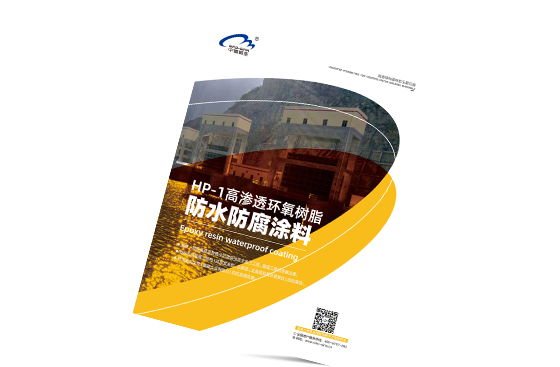Concrete Repair: Tips and Techniques for Maintaining Your Building
Release Time:
2024-07-09 10:00
One key tip for concrete repair is to assess the extent of the damage before starting any repair work. This involves carefully inspecting the concrete surface to identify the type and severity of the damage. Common types of concrete damage include cracks, scaling, and spalling, each requiring different repair techniques. By understanding the nature of the damage, you can choose the most appropriate repair method to ensure a long-lasting and effective solution.
Another important aspect of concrete repair is proper surface preparation. Before applying any repair materials, it is essential to clean the damaged area thoroughly to remove any debris, dirt, or loose concrete particles. This will ensure better adhesion of the repair materials and improve the overall quality of the repair. In addition, using the right tools and equipment, such as chisels, wire brushes, and pressure washers, can help to achieve a smooth and clean surface for repair work.
When it comes to selecting repair materials, it is important to choose products that are specifically designed for concrete repair. These may include epoxy injections, polymer-modified mortars, and sealants, among others. By using high-quality repair materials, you can ensure a durable and long-lasting repair that withstands environmental factors and daily wear and tear.
In conclusion, concrete repair is an essential maintenance task for buildings in the construction and decoration materials industry. By following these tips and techniques, you can effectively repair and maintain concrete structures to ensure their longevity and durability. Remember to assess the damage, prepare the surface properly, and use high-quality repair materials for the best results.
Latest News
High-Performance Cement Additive Redefines Green Construction Materials with Unmatched Strength and Sustainability
Effortless Strength: The Advantages of Carbon Fiber Wrap for Concrete Applications Table of Contents 1. Introduction to Carbon Fiber Wrap 2. What is Carbon Fiber Wrap? 3. Benefits of Carbon Fiber Wrap for Concrete 3.1 Enhanced Durability 3.2 Lightweight Properties 3.3 Flexibility and Versatility 3.4 Cost-Effectiveness
Concrete is a widely used building material known for its durability and strength. However, over time, environmental factors, heavy loads, and general wear can lead to the deterioration of concrete surfaces. Effective concrete repair is crucial for maintaining structural integrity and extending the lifespan of concrete installations. This guide explores essential methods and considerations for pro
Elevating Aesthetics with UHPC Facade Solutions: Transforming Architectural Design Table of Contents 1. Introduction to UHPC Facade Solutions 2. What is Ultra-High Performance Concrete? 3. The Advantages of Using UHPC for Facades 3.1 Exceptional Durability and Longevity 3.2 Aesthetic Versatility and Design Freedom 3.3 Sustainability and Environmental Benefits 4. Applications of UHPC in Modern Arch
Carbon fiber wrap is an advanced material that has gained traction in various industries, including construction and decorative design. Its unique properties make it an ideal choice for applications where strength, lightweight characteristics, and aesthetic appeal are paramount. In this article, we will explore the benefits, uses, and considerations of carbon fiber wrap, particularly within the co
Product Documentation
If you do not have a comprehensive understanding of our products, we have uploaded relevant technical documents for you to download and reference so that you can better understand our product usage and technical parameters
View More

Online Message











